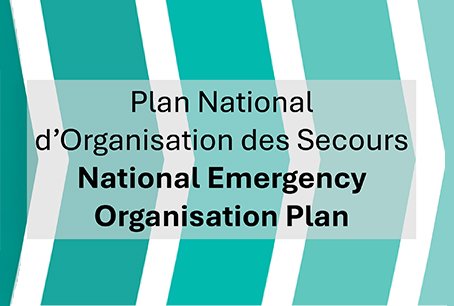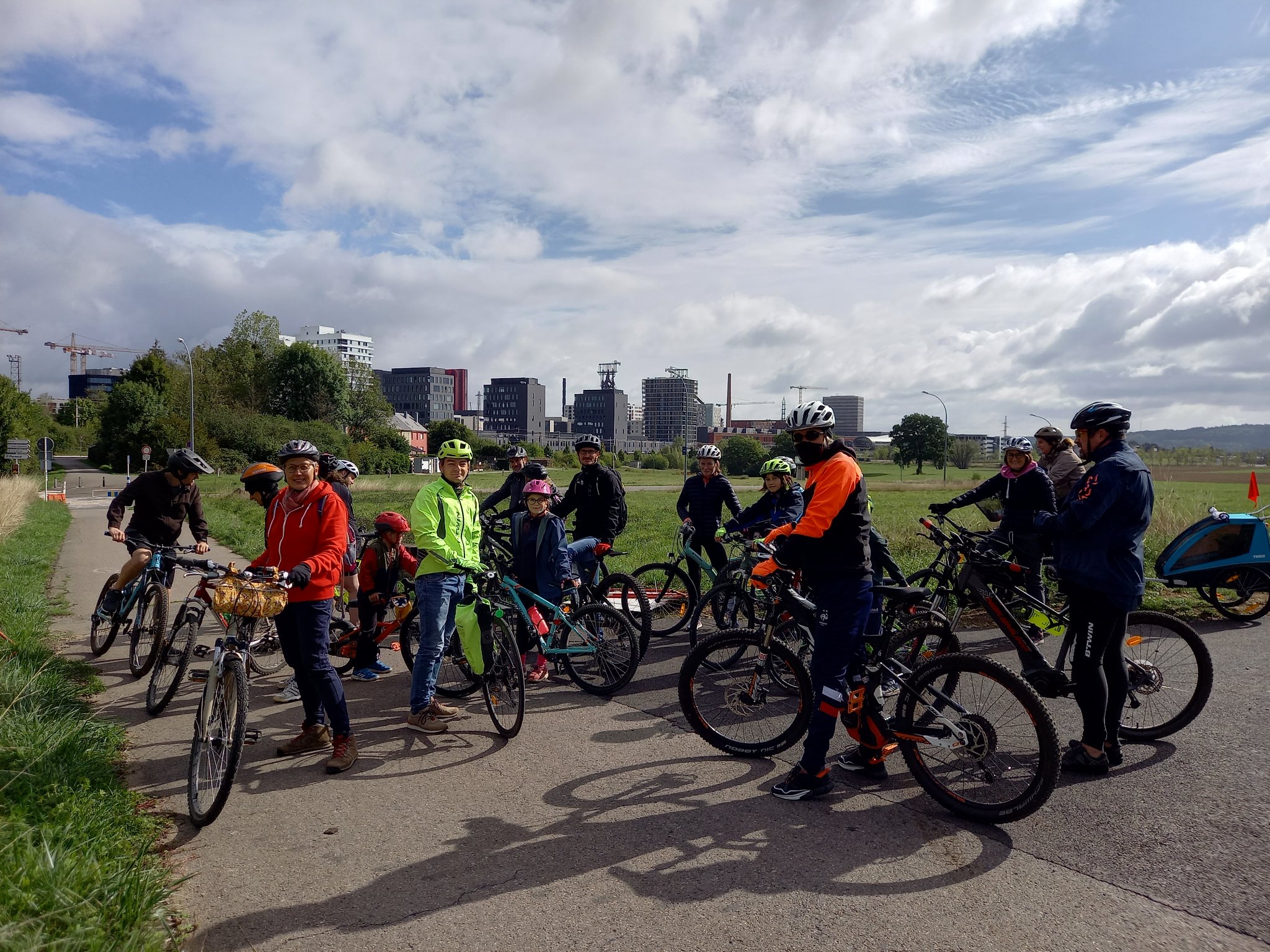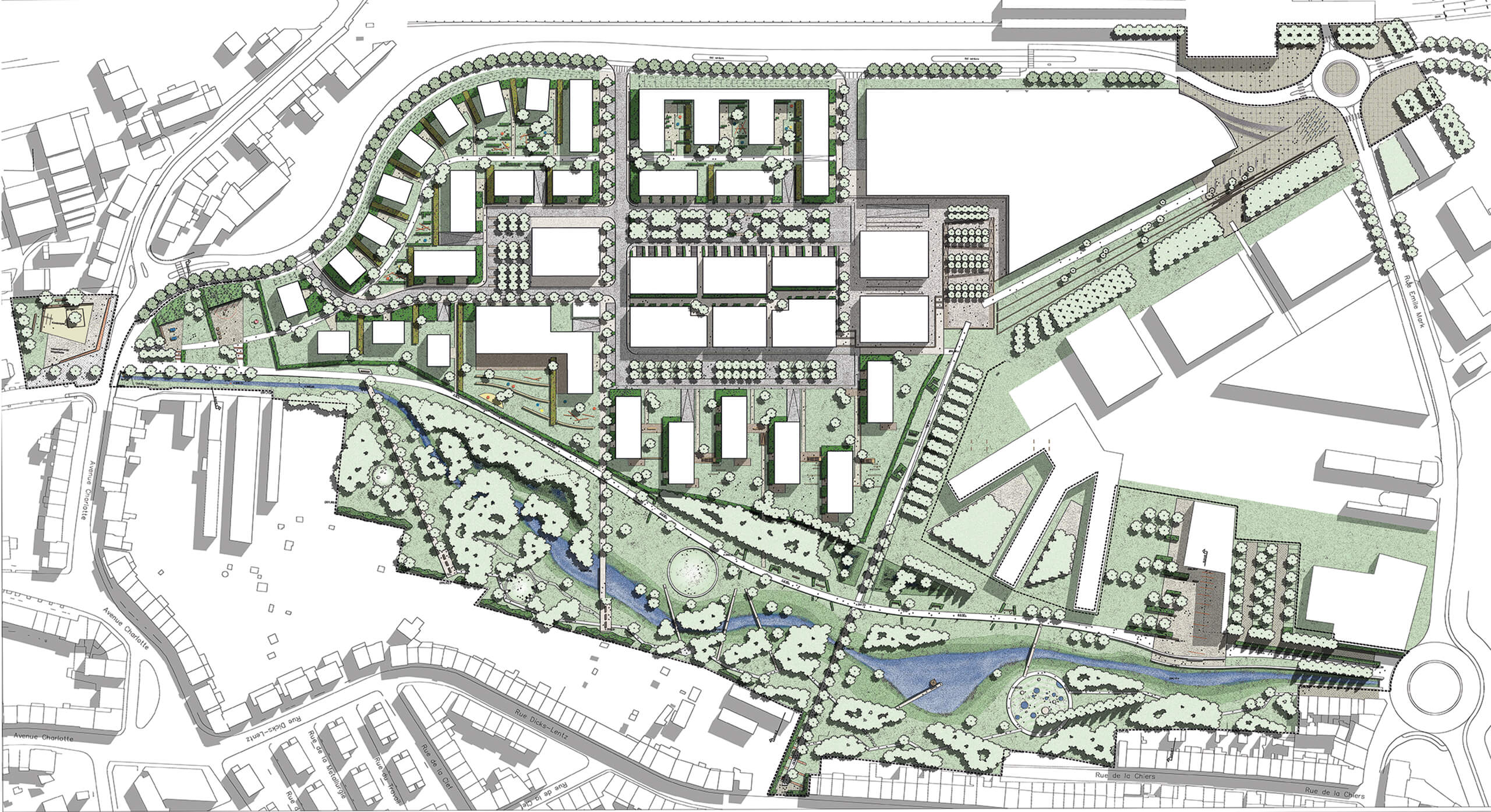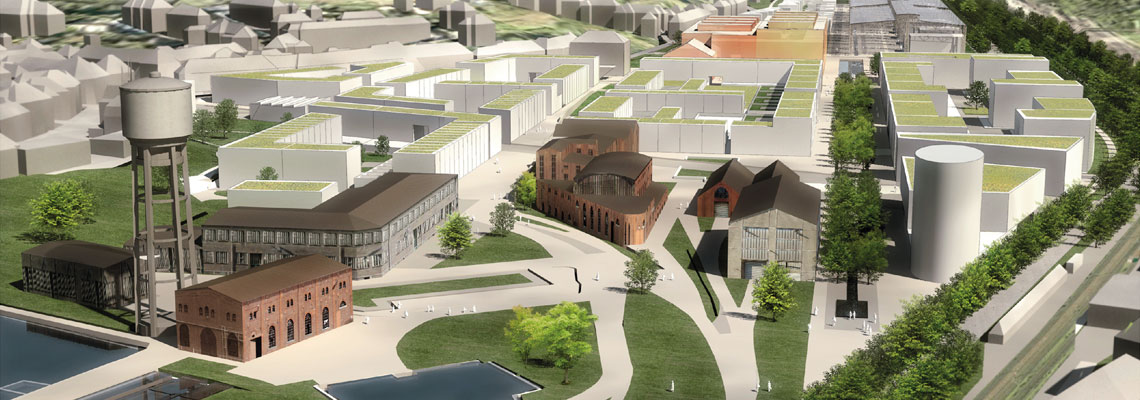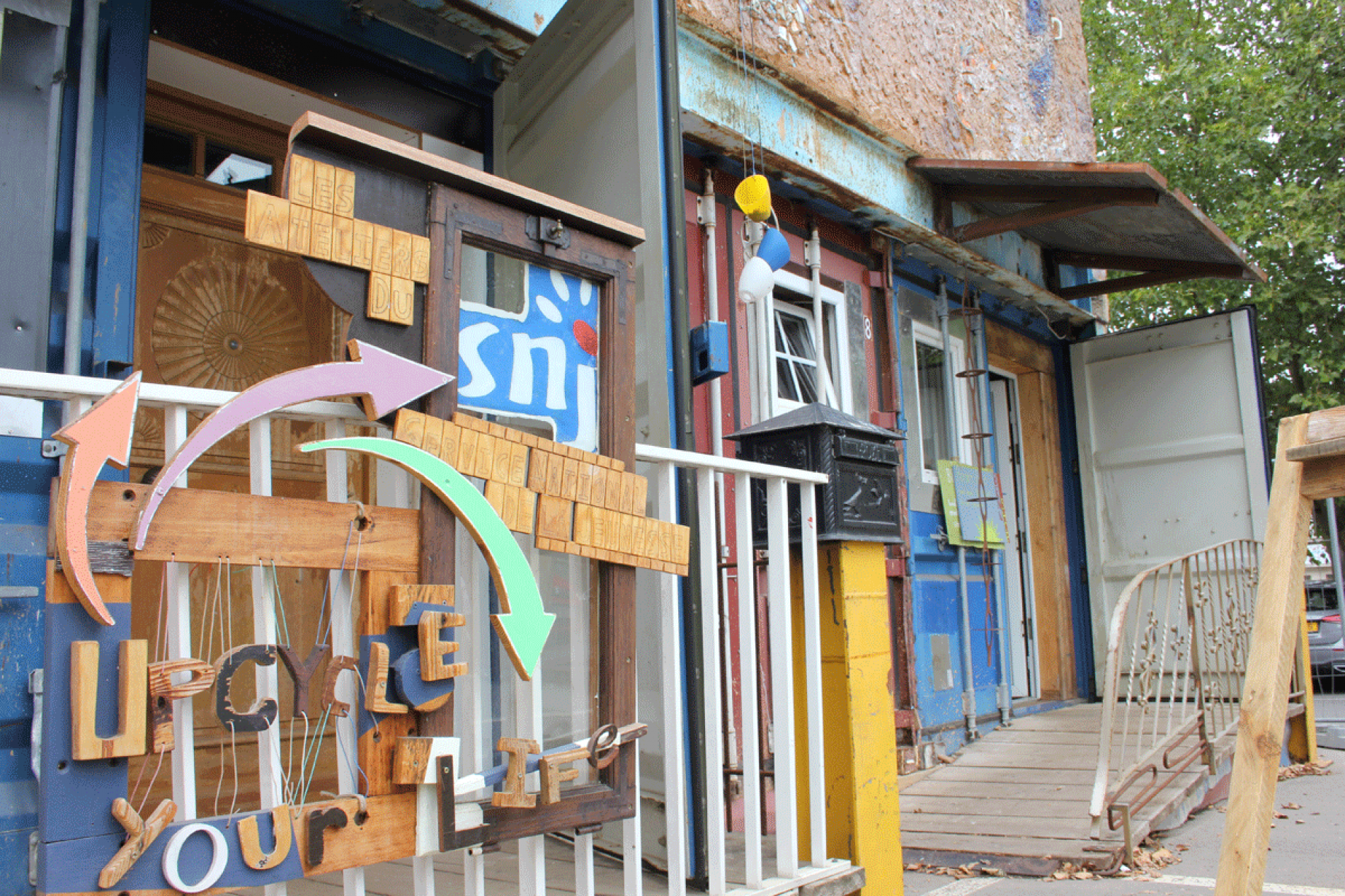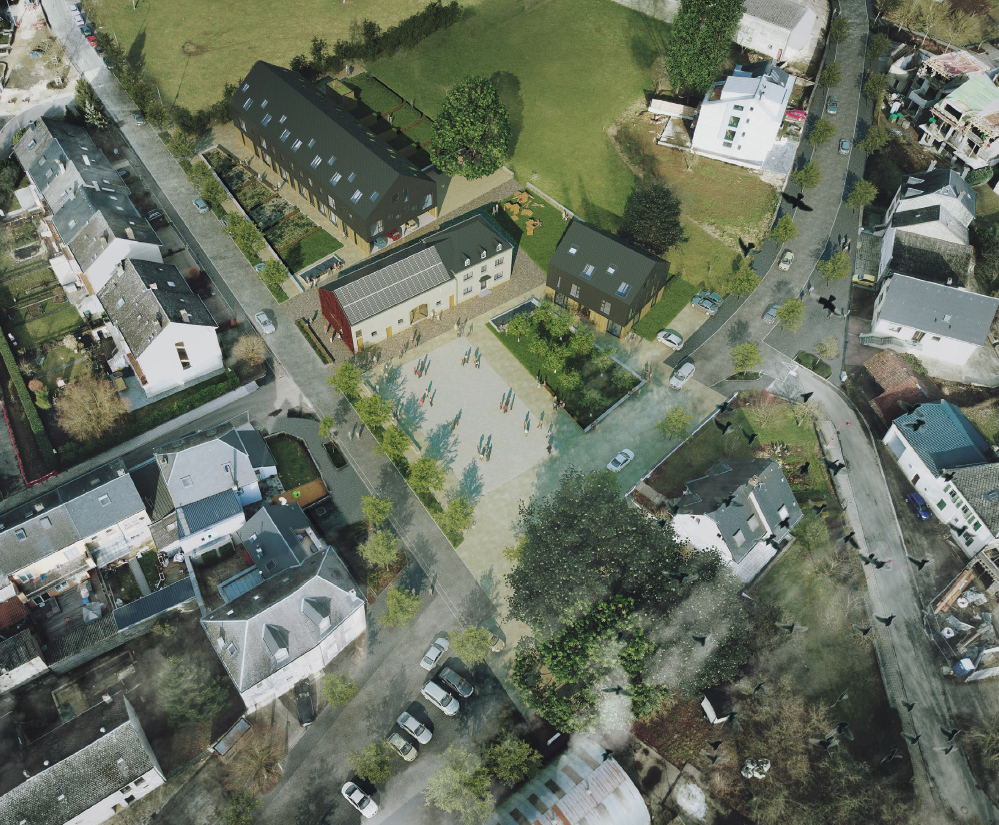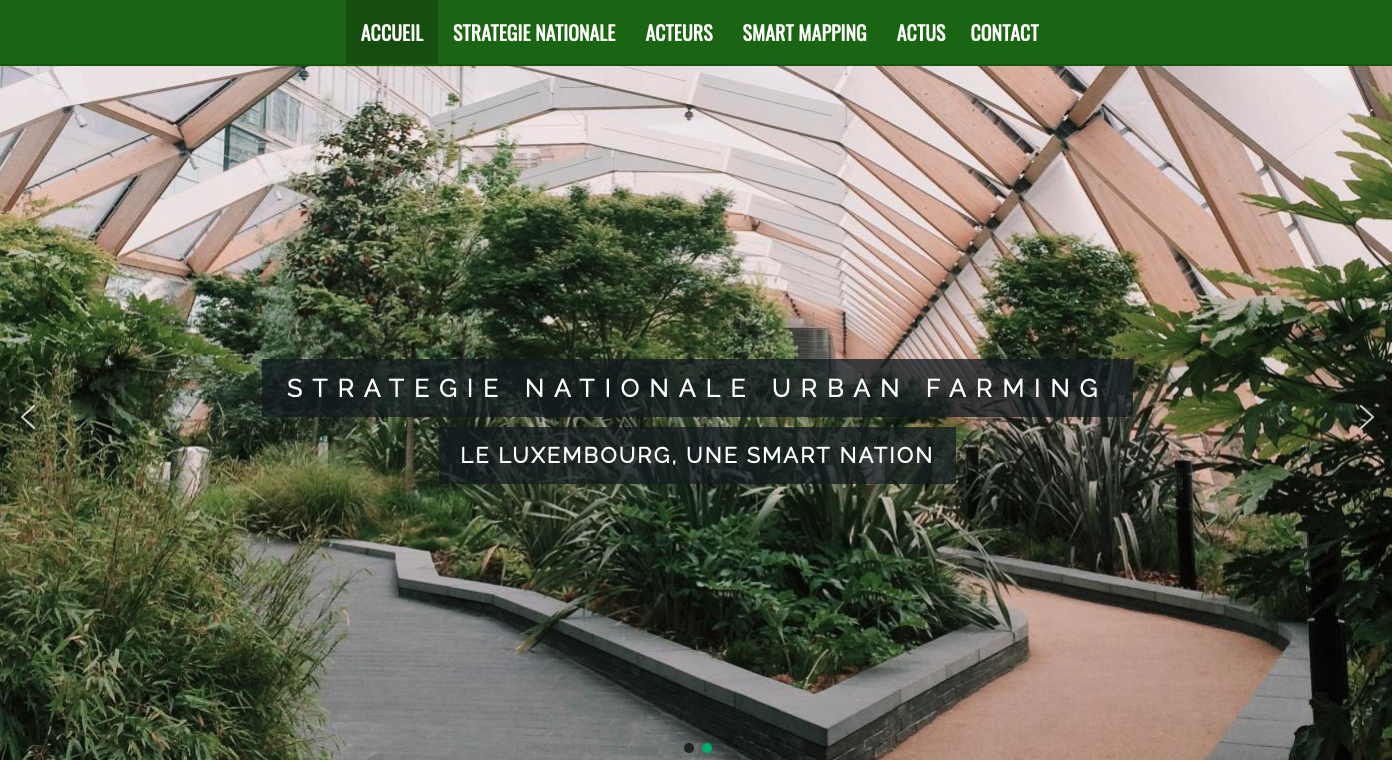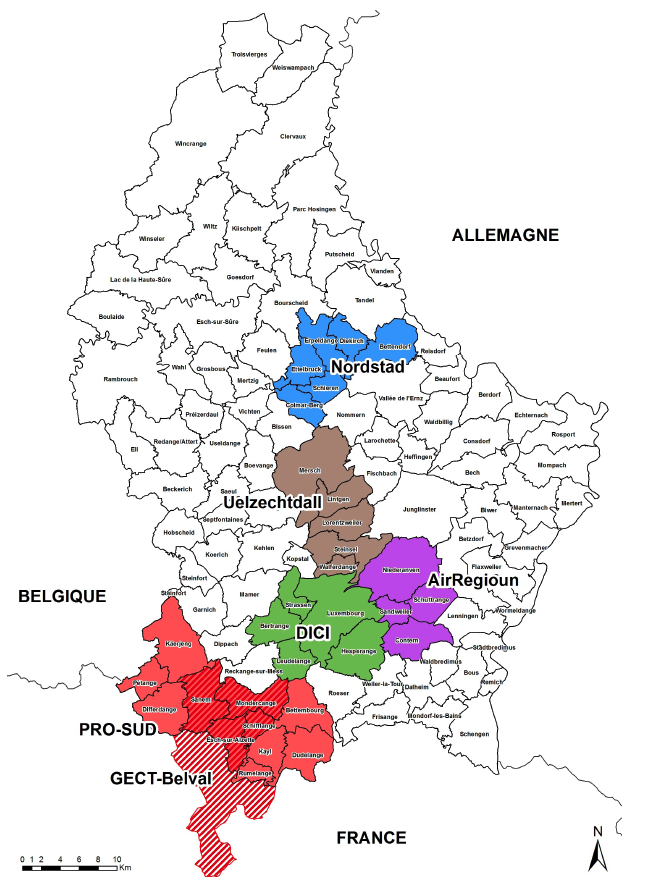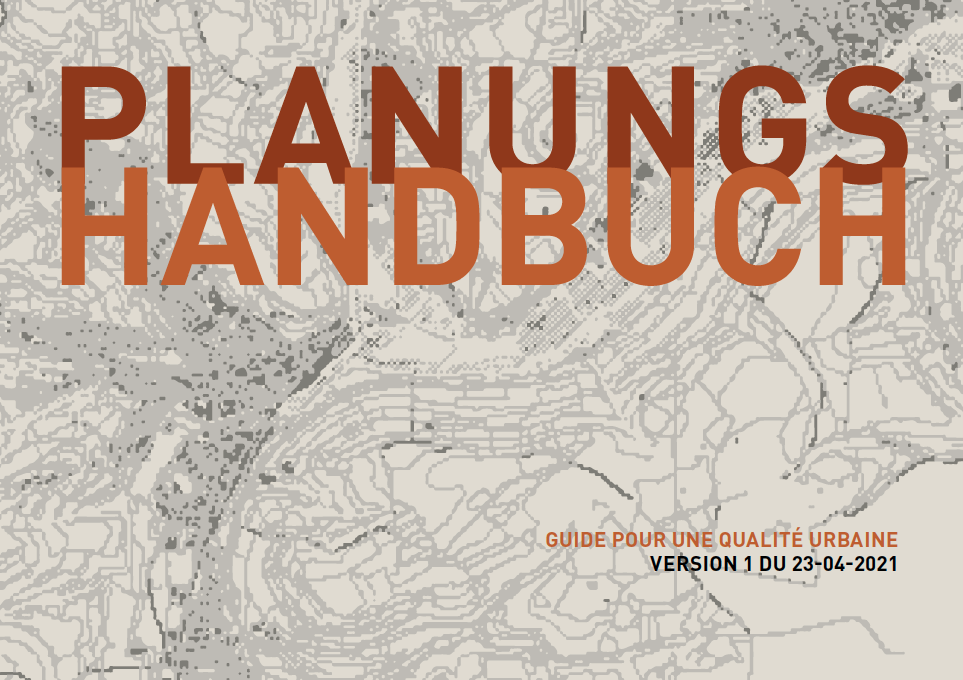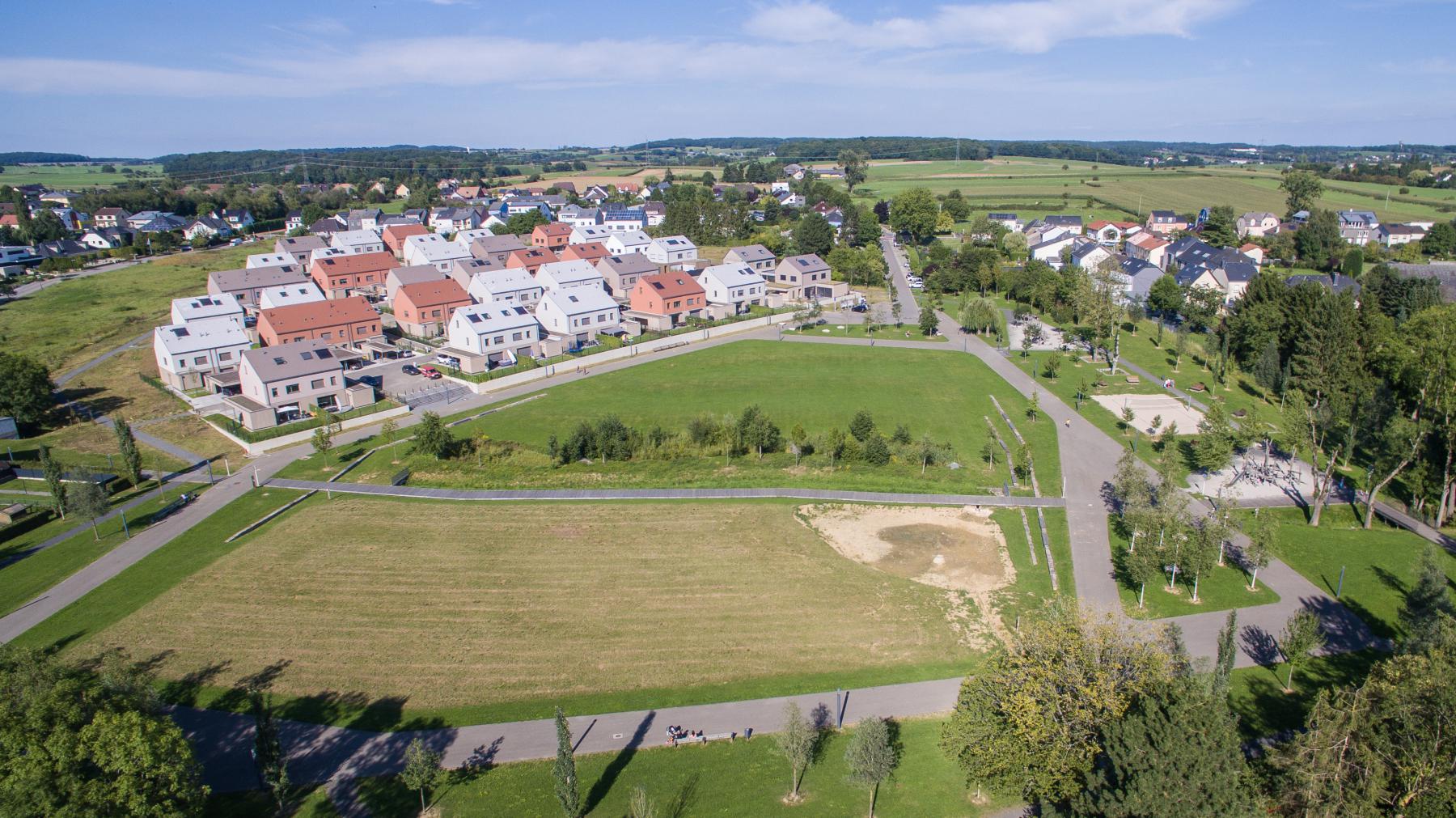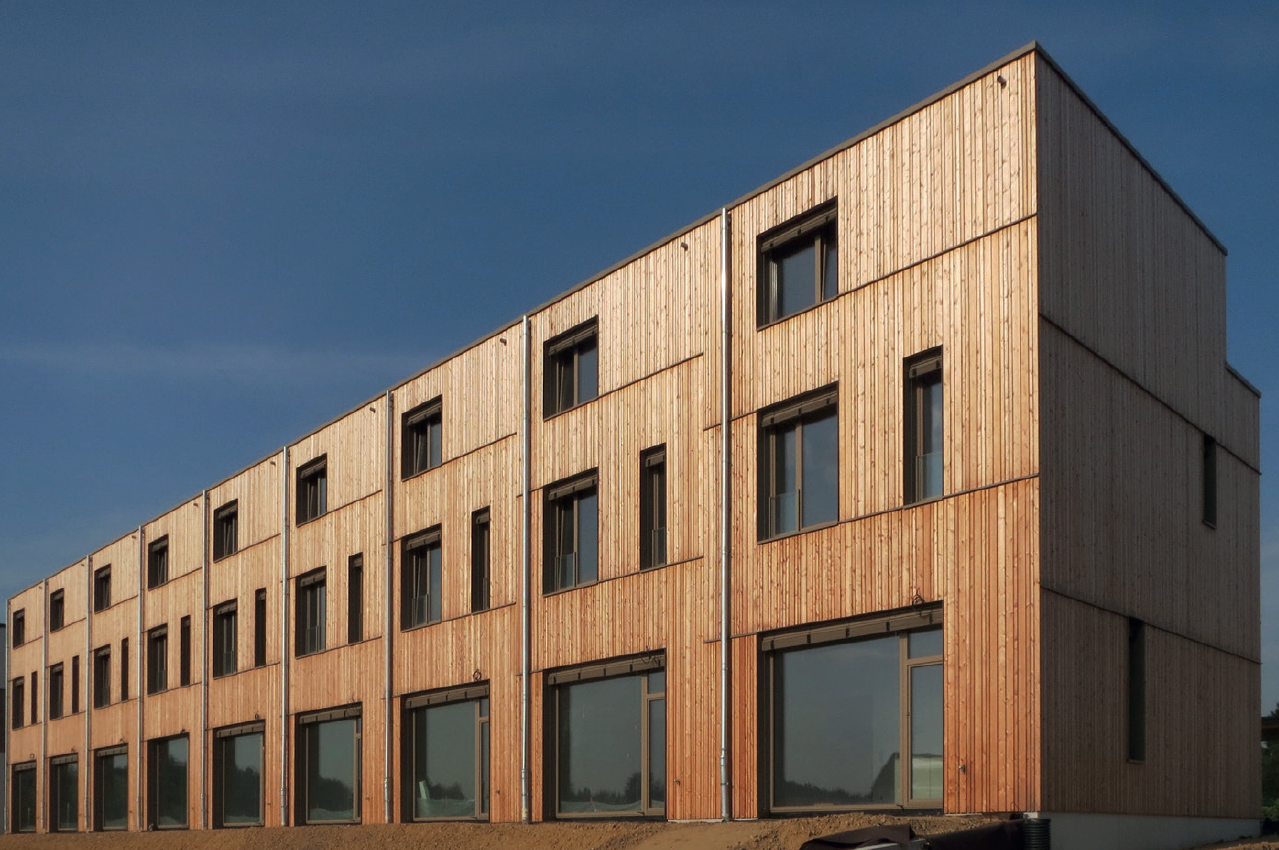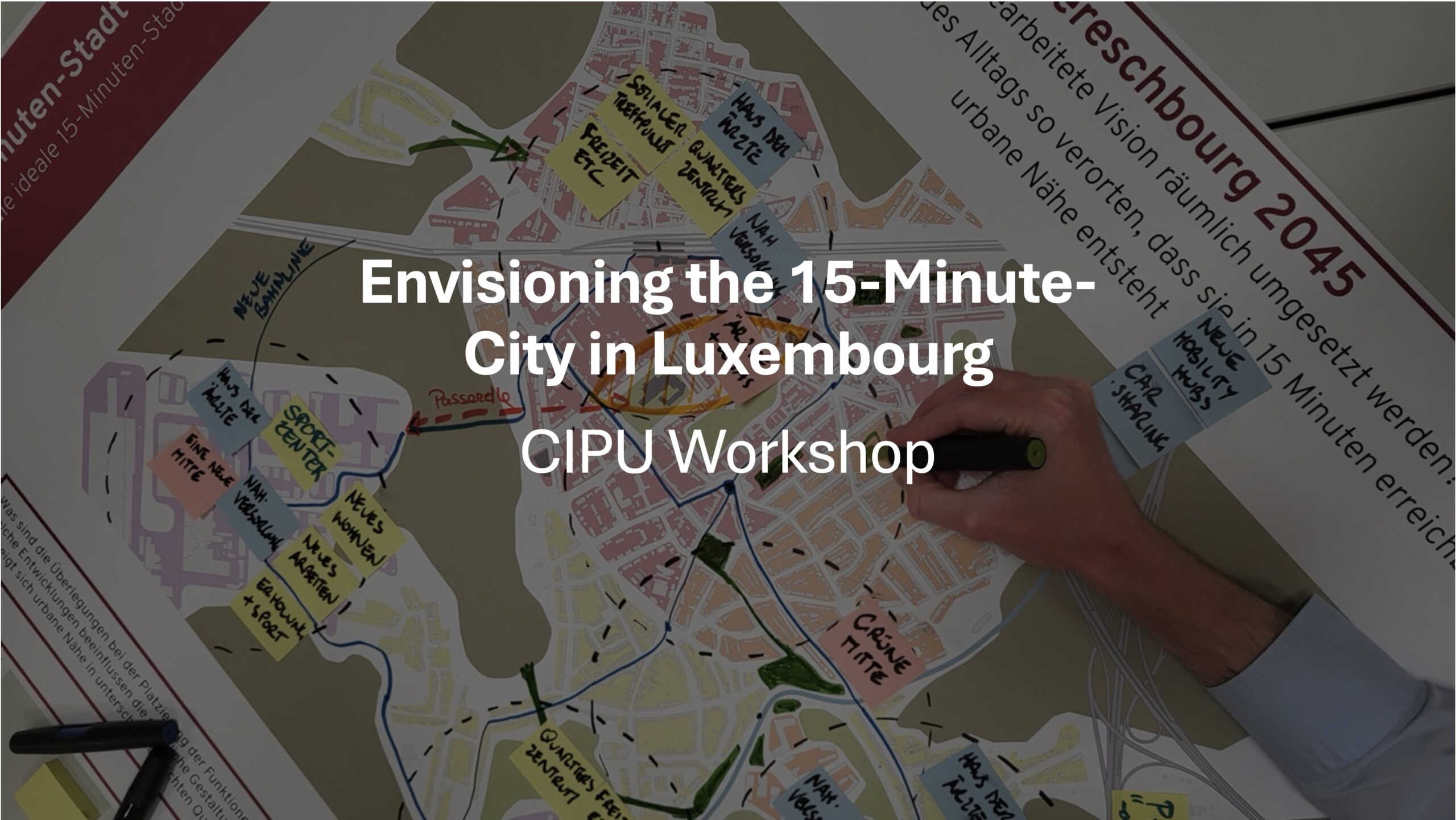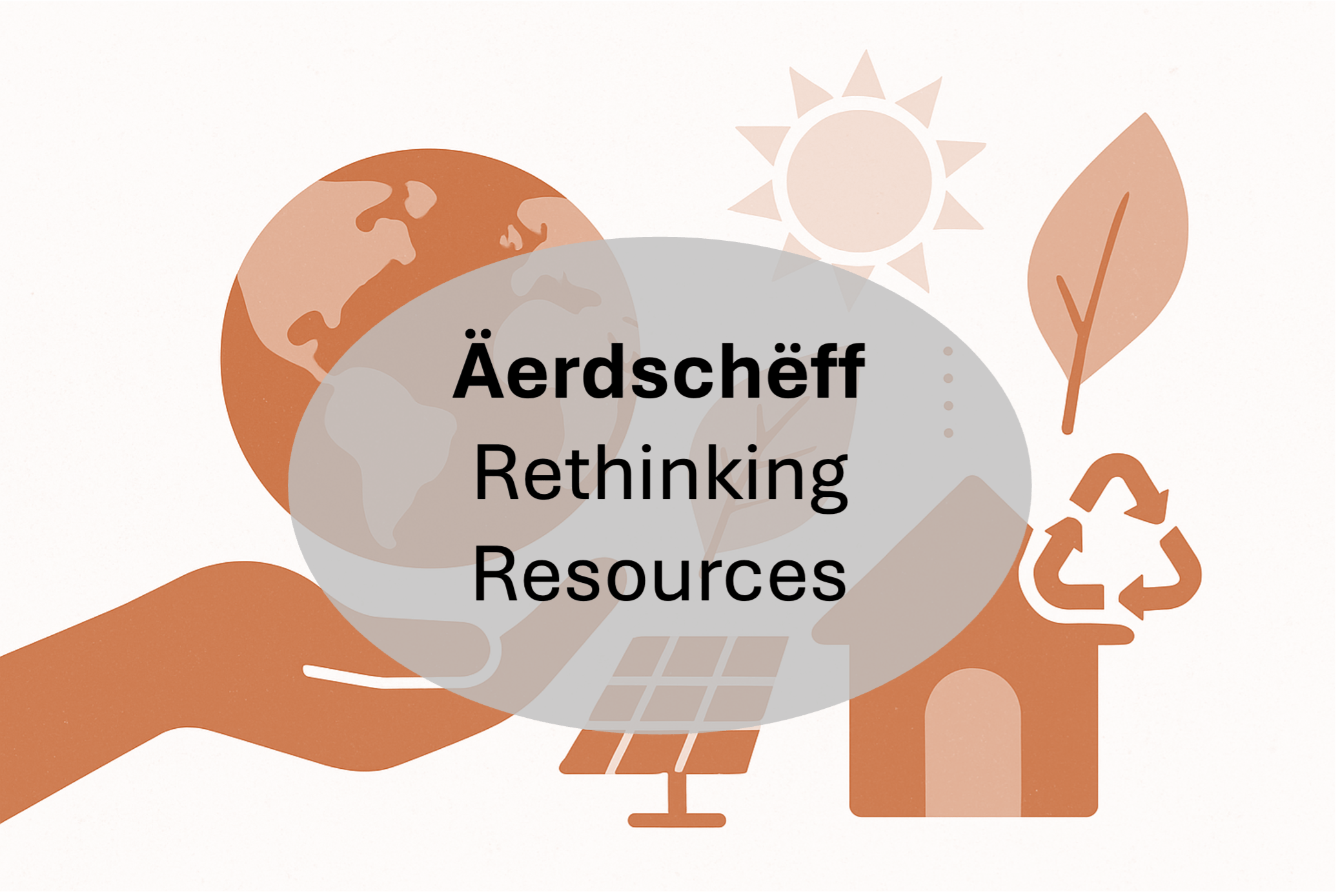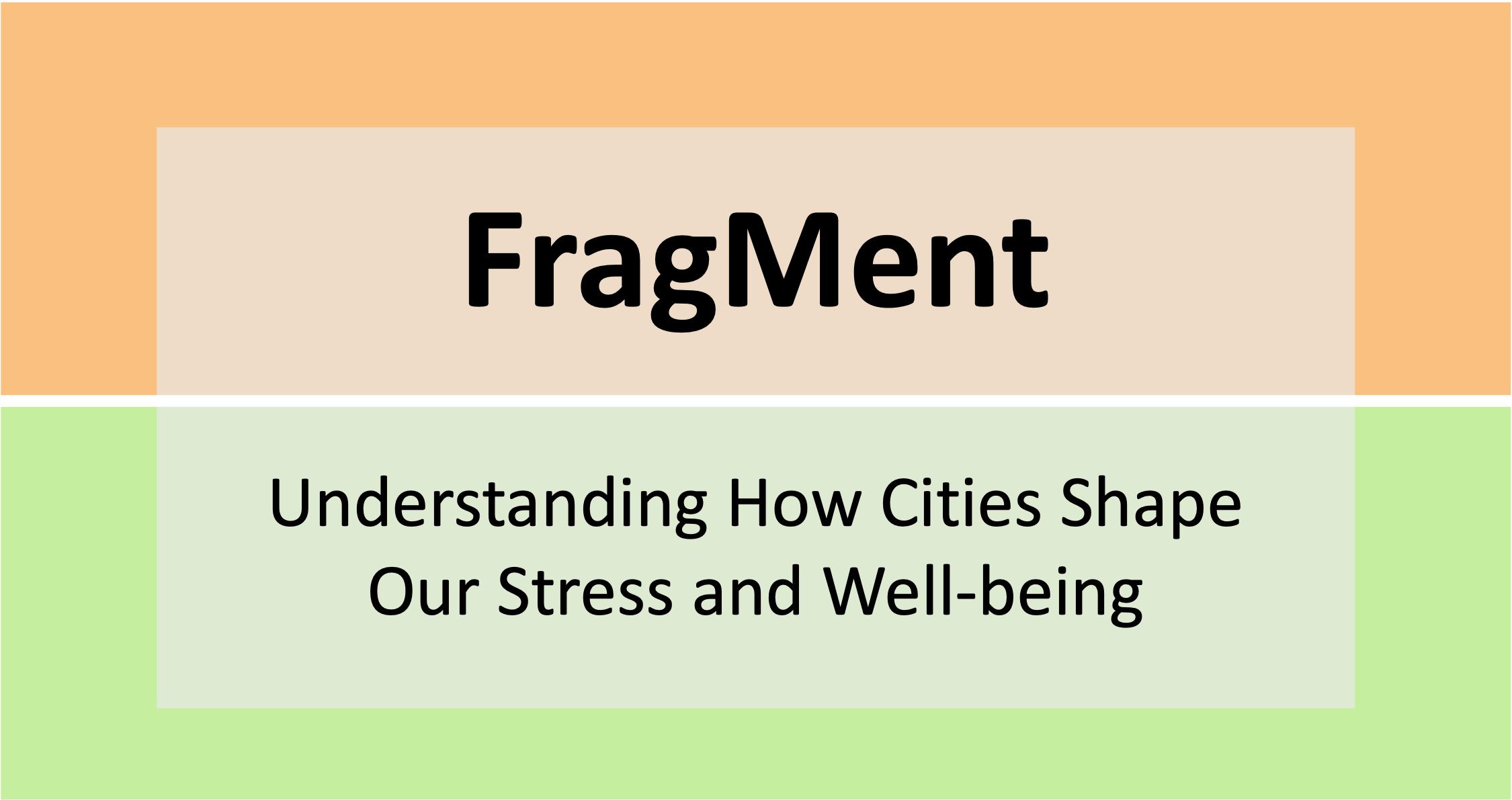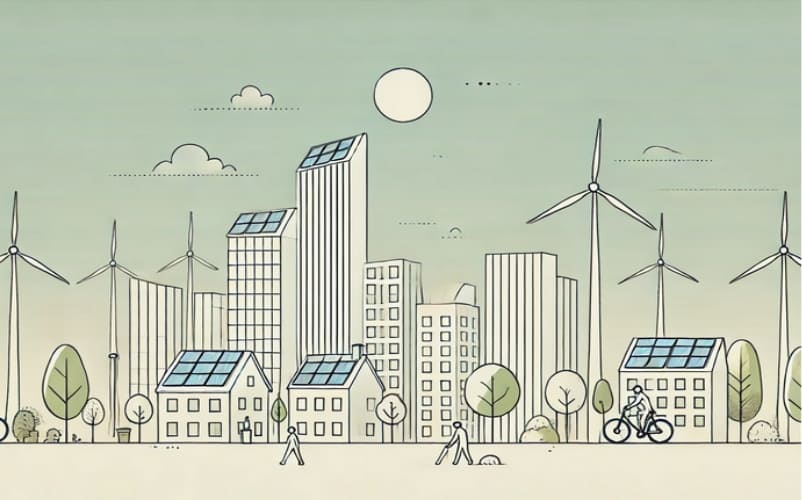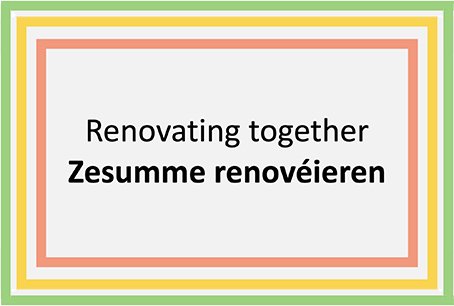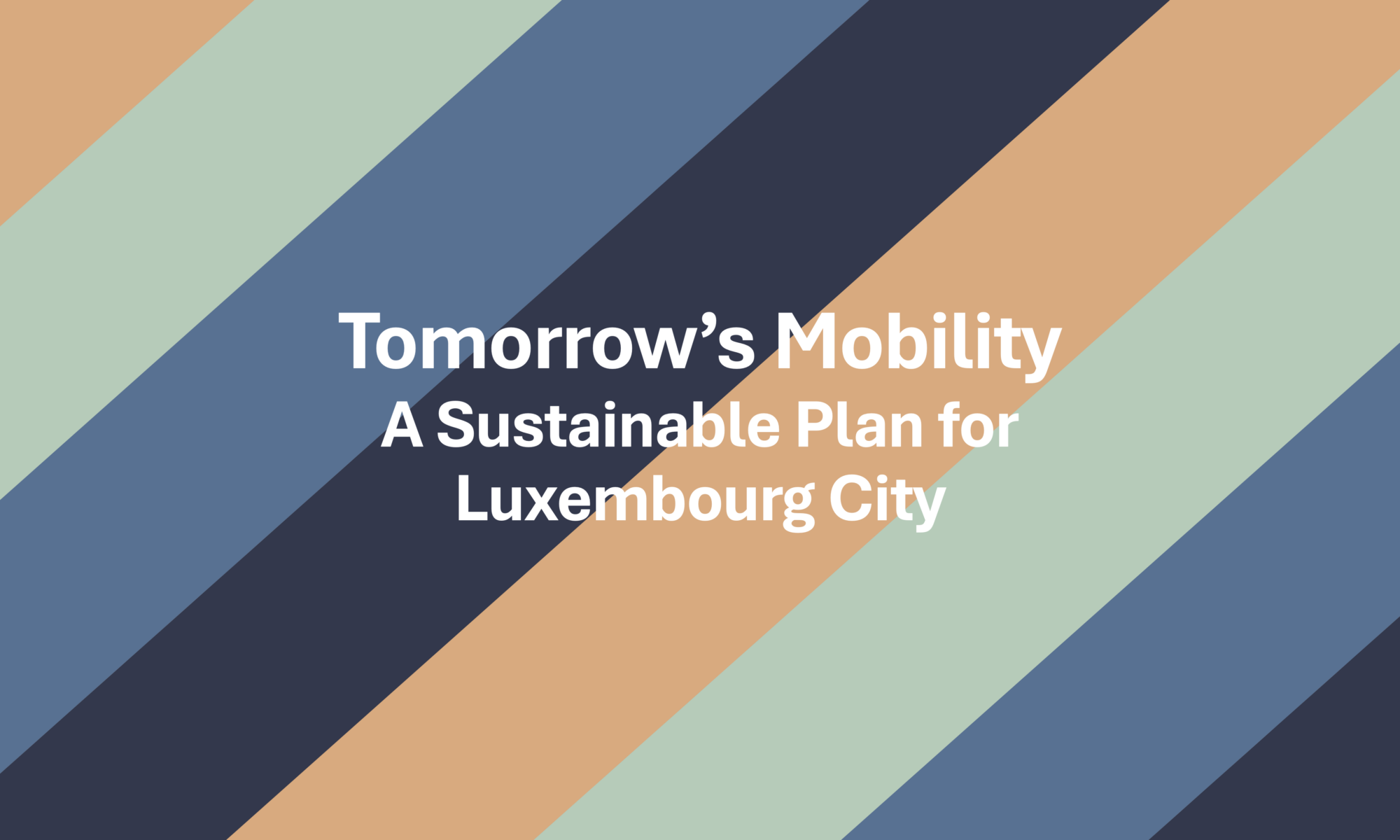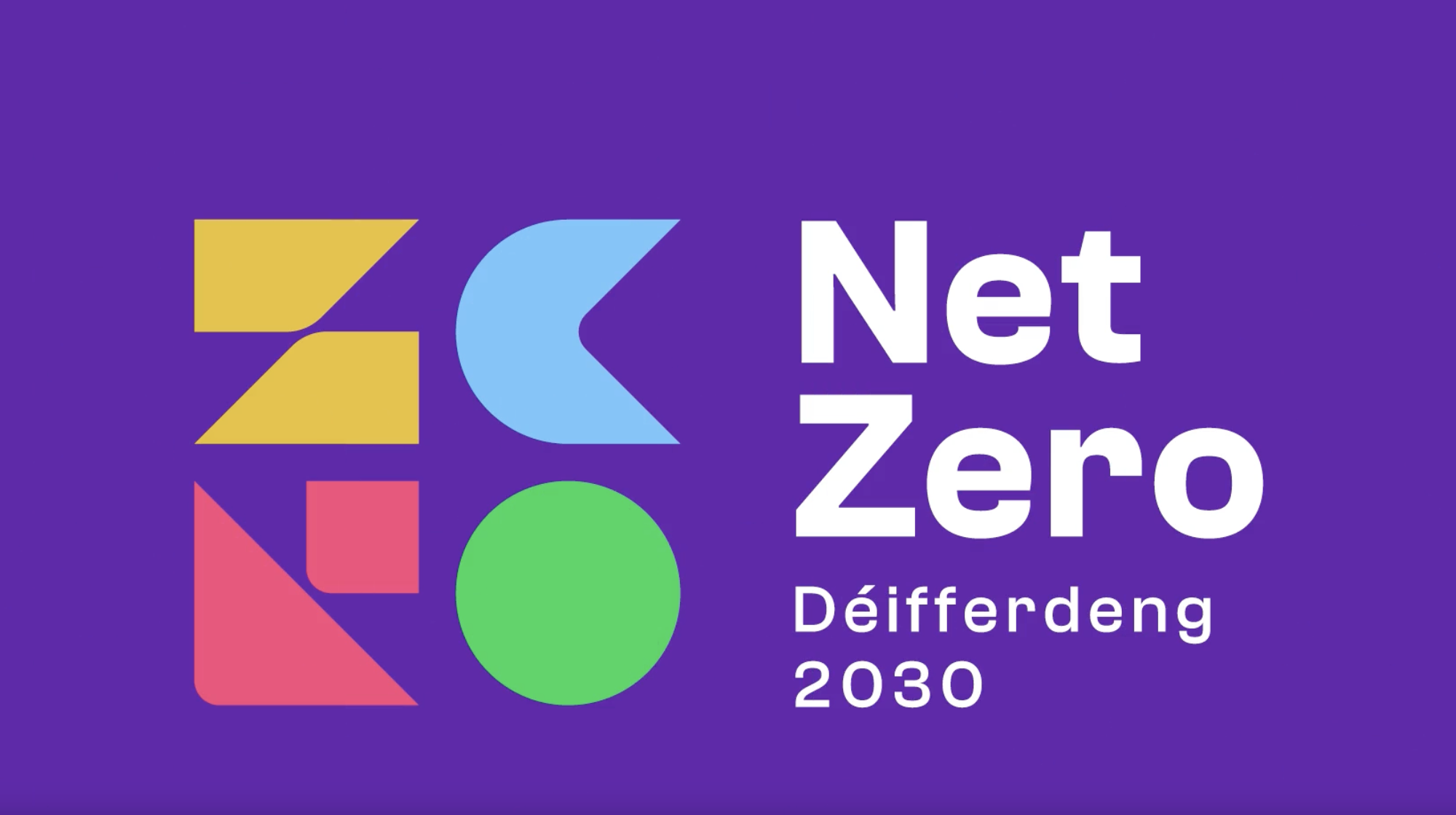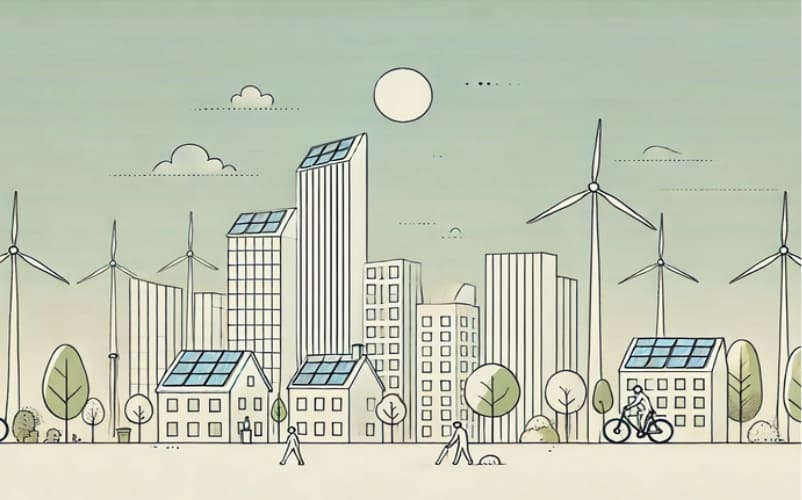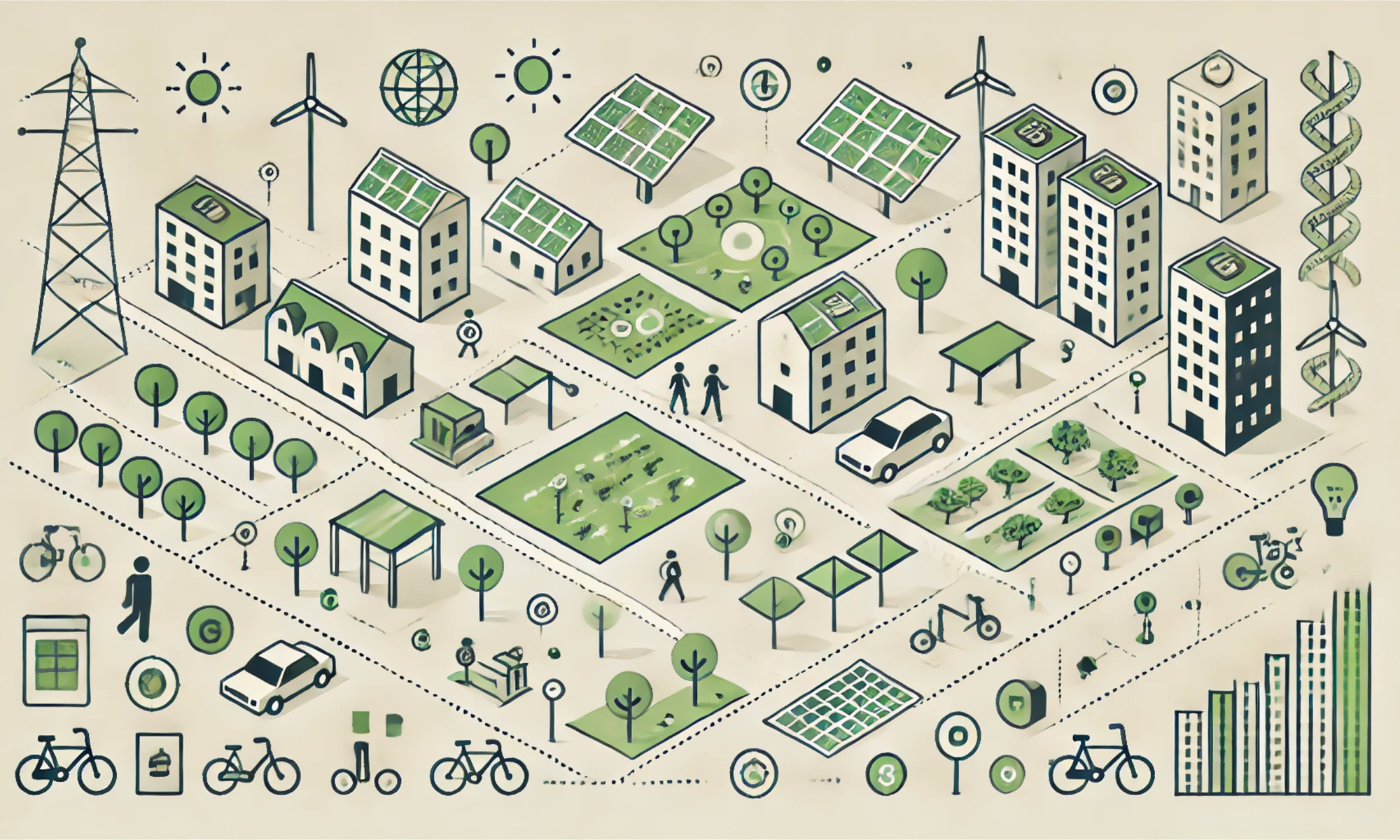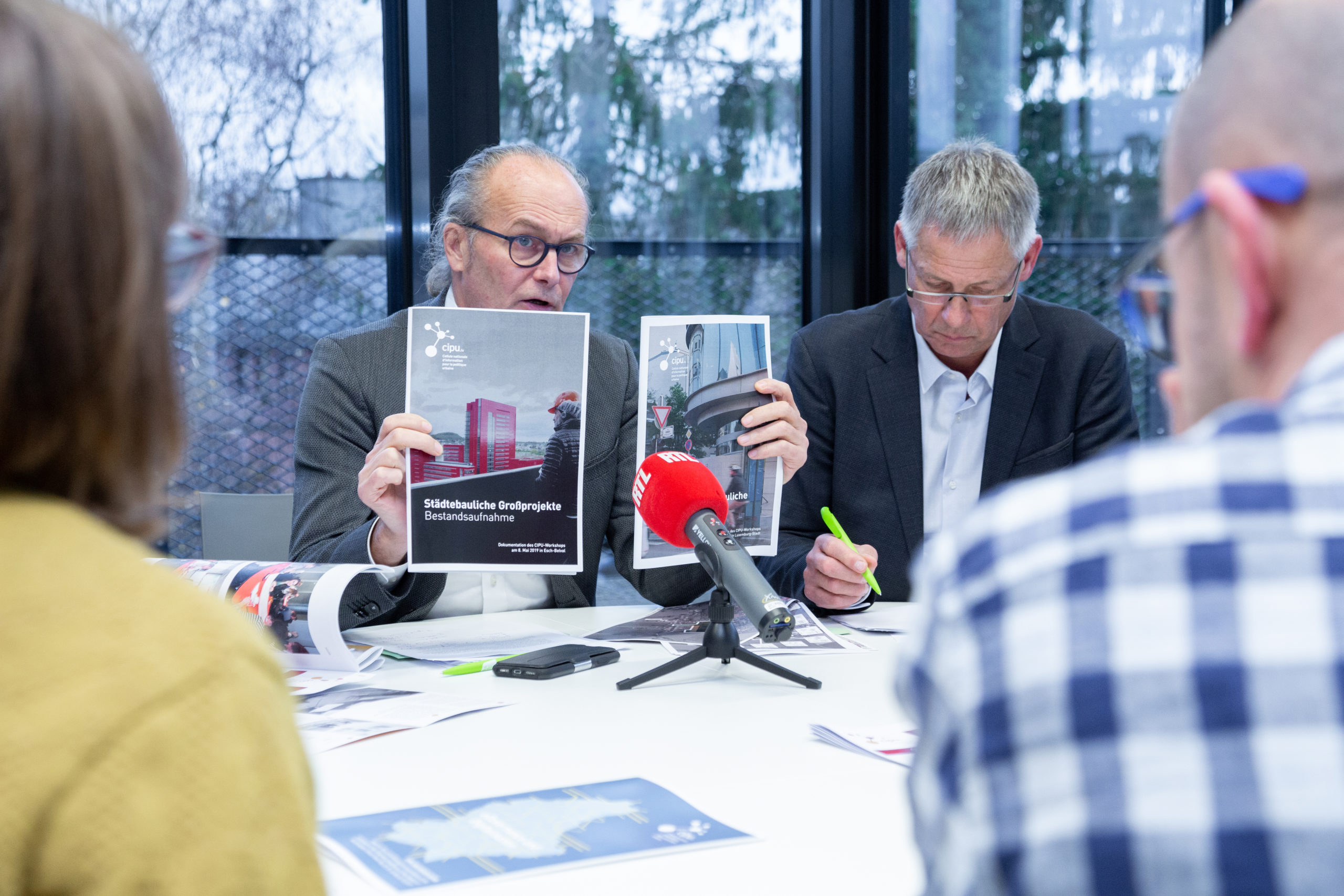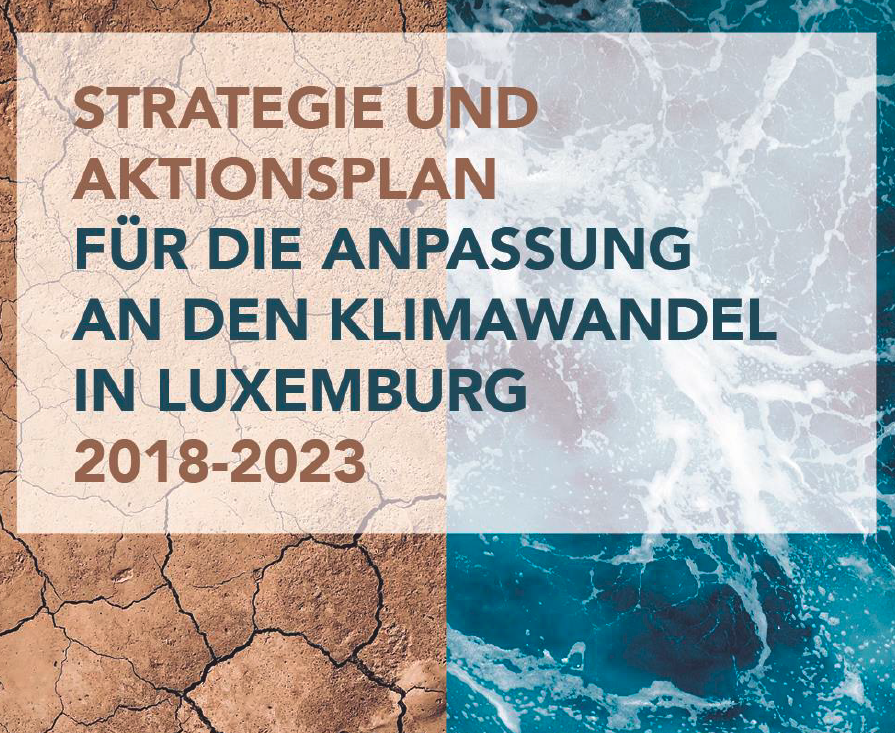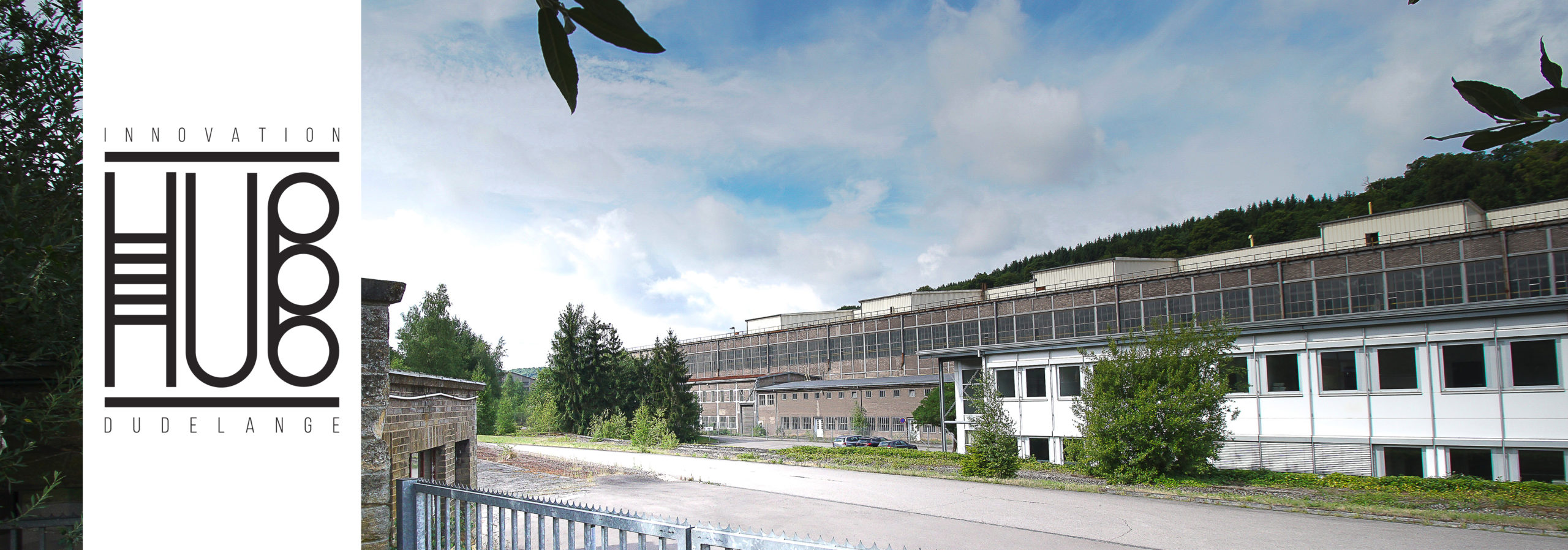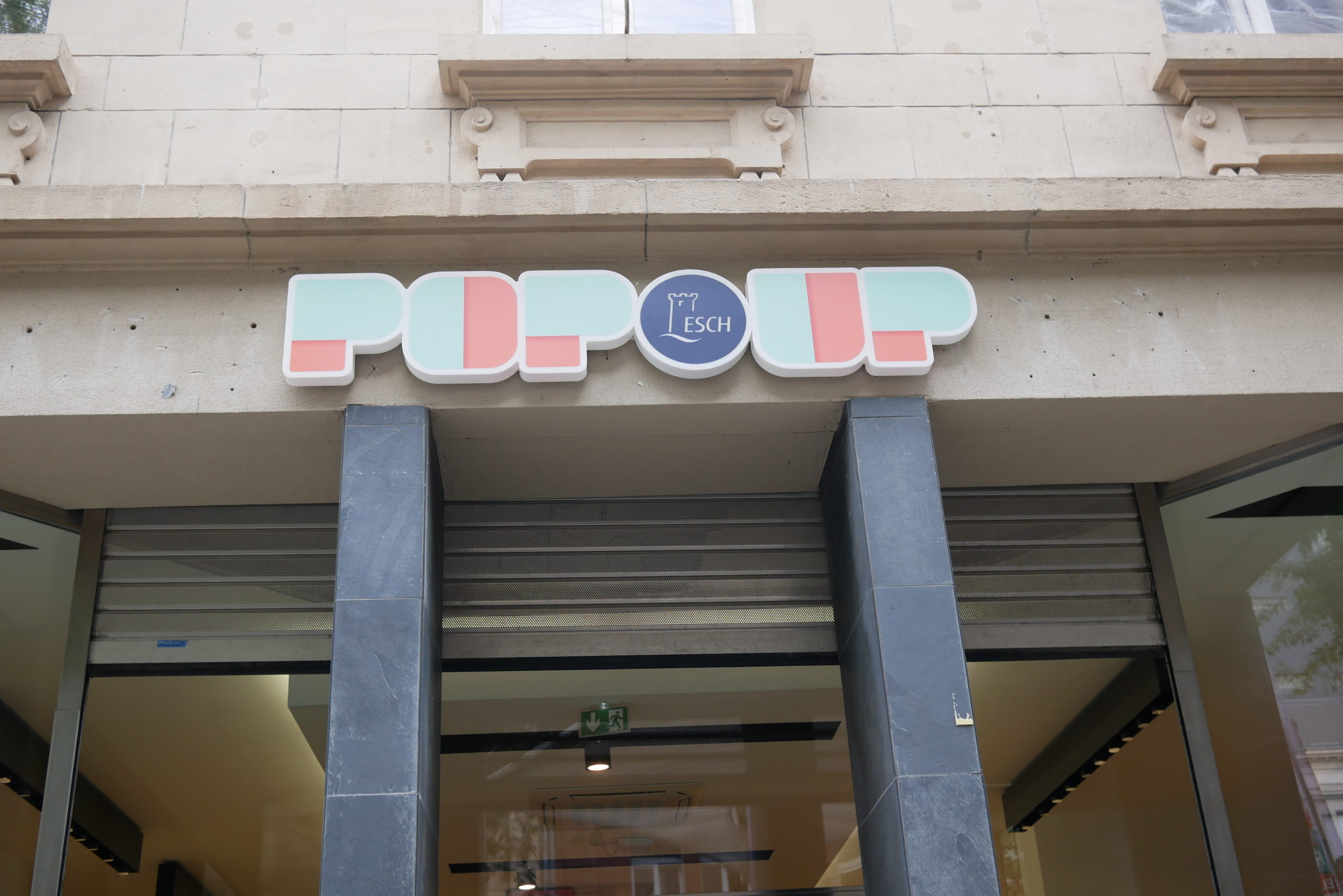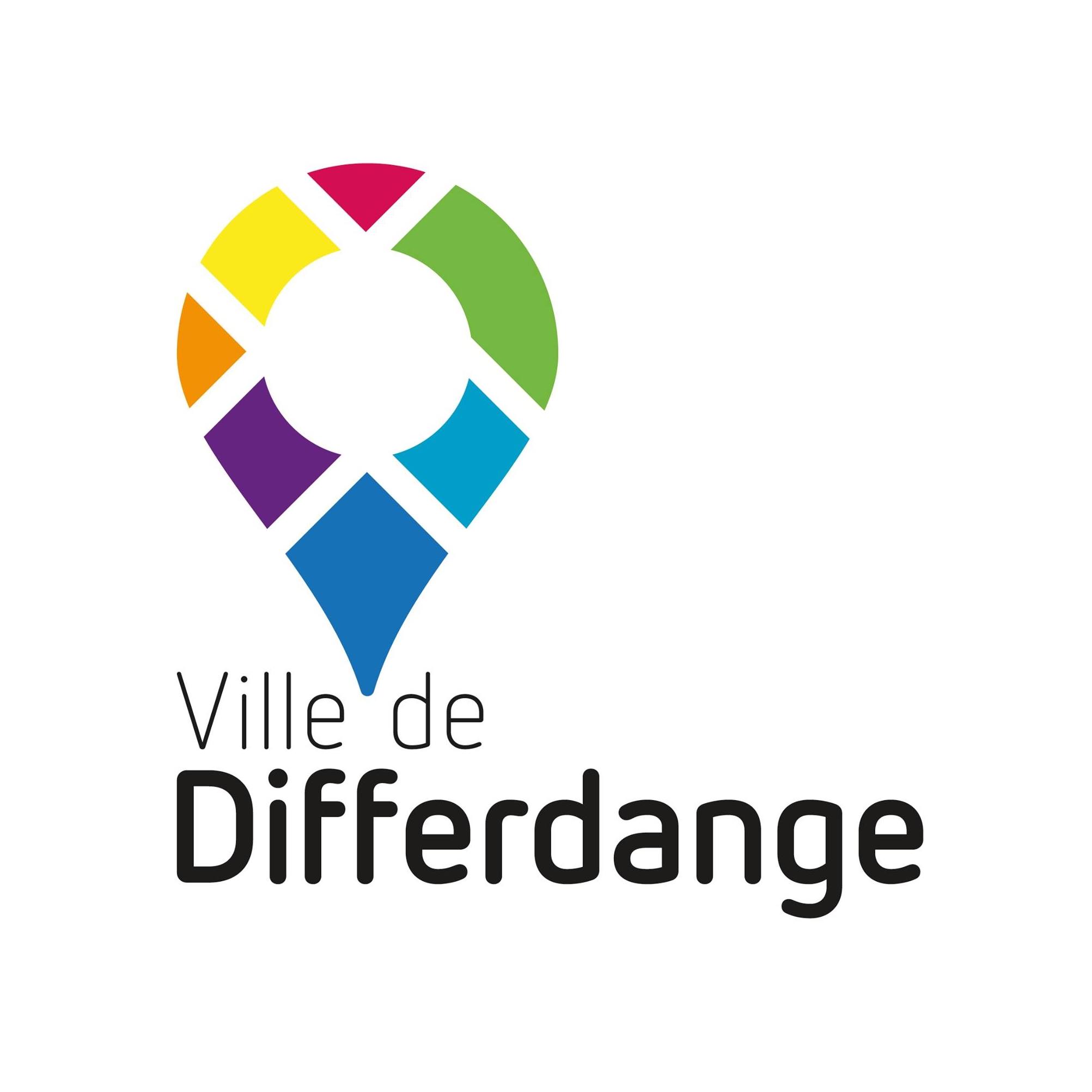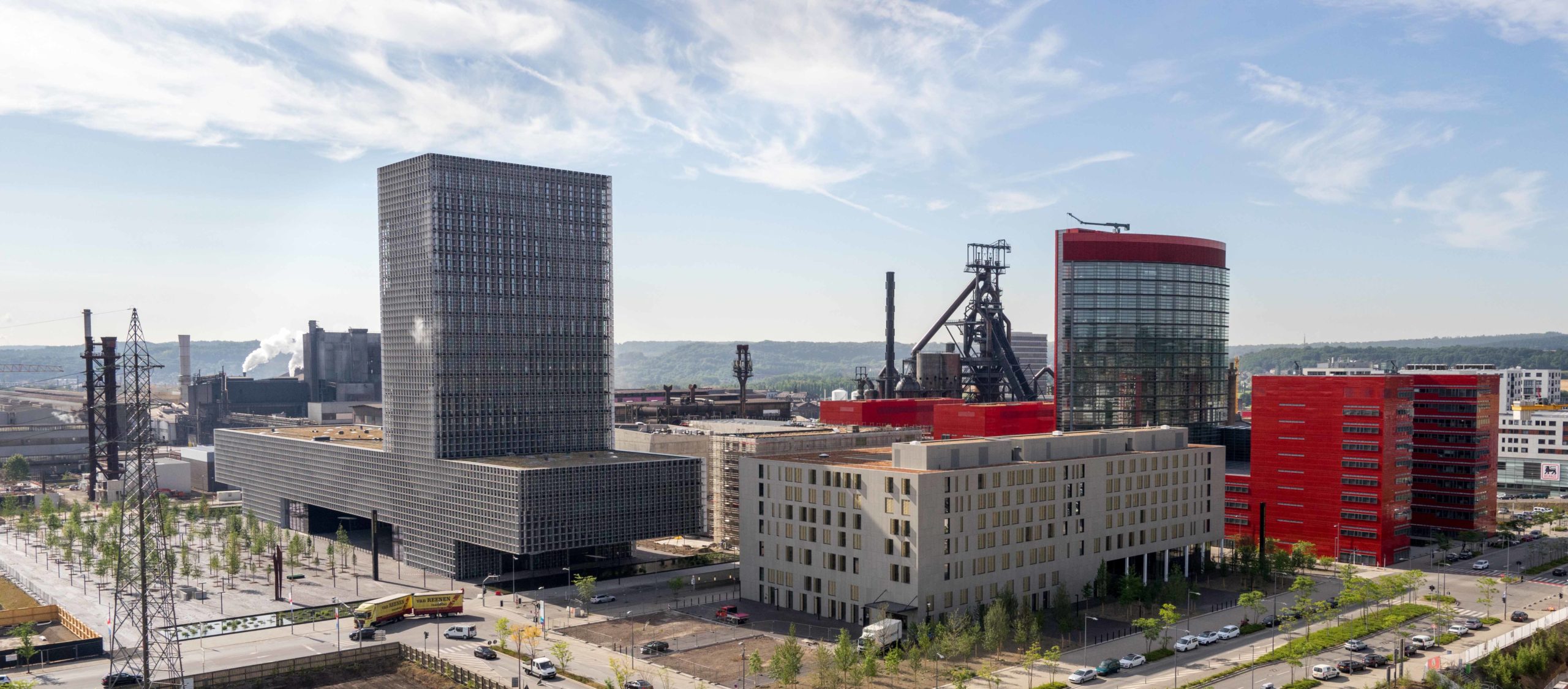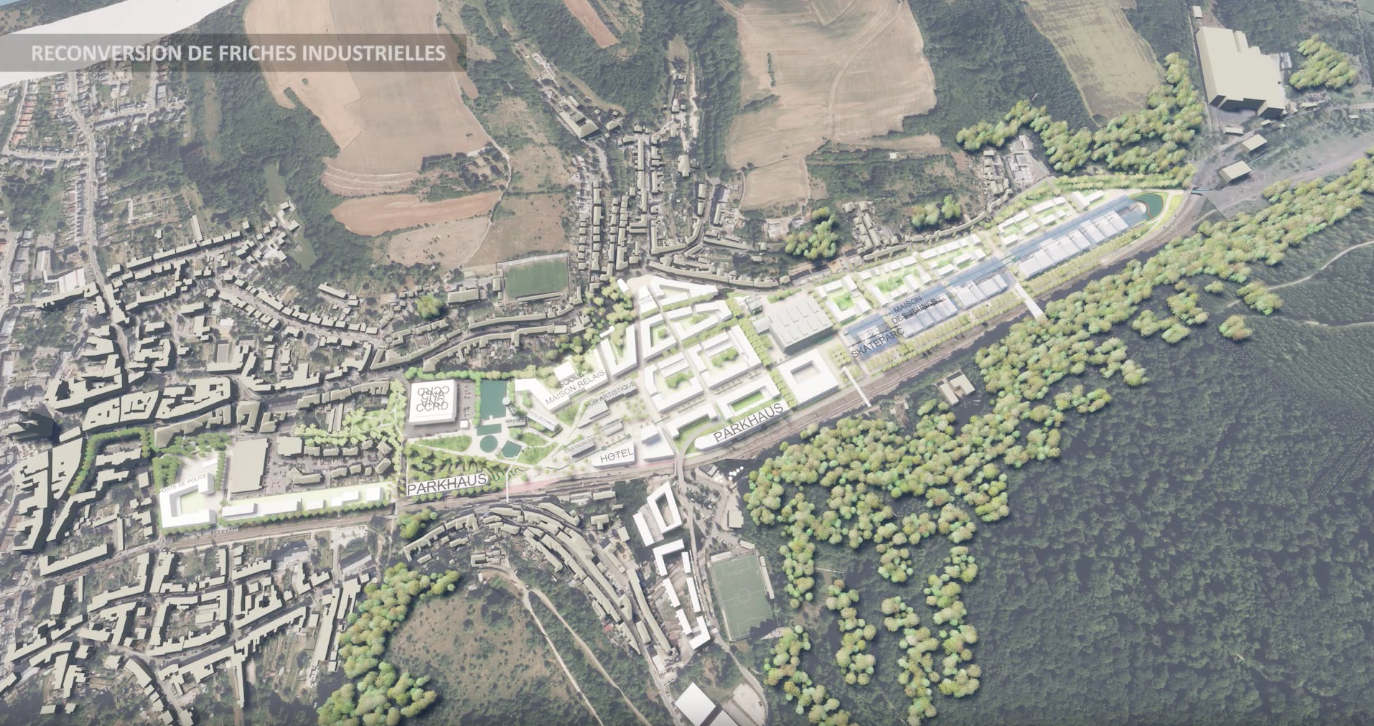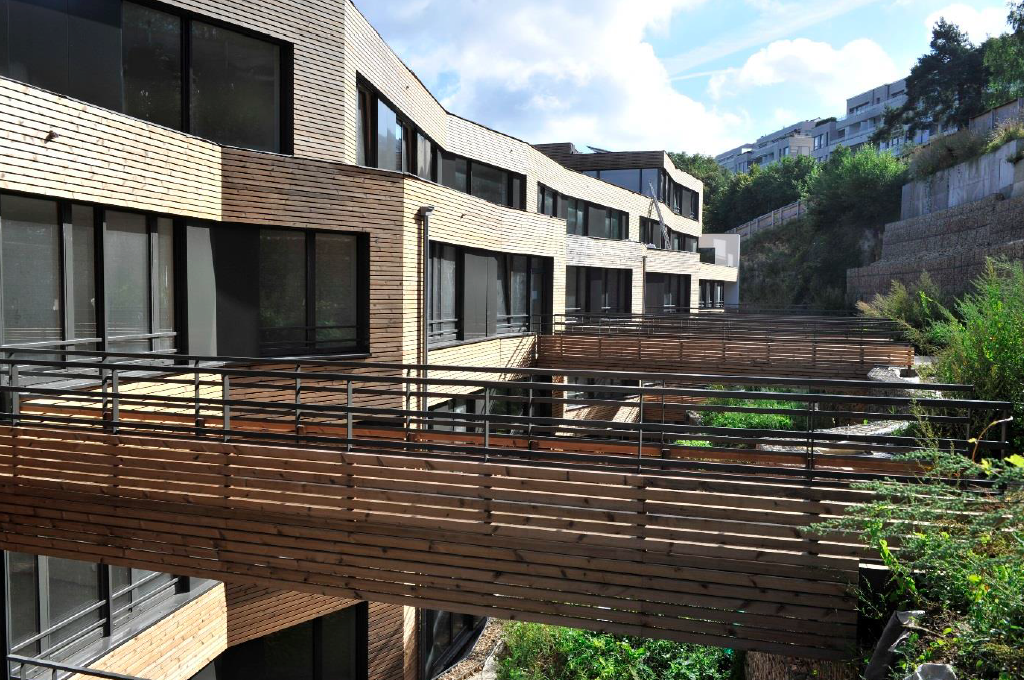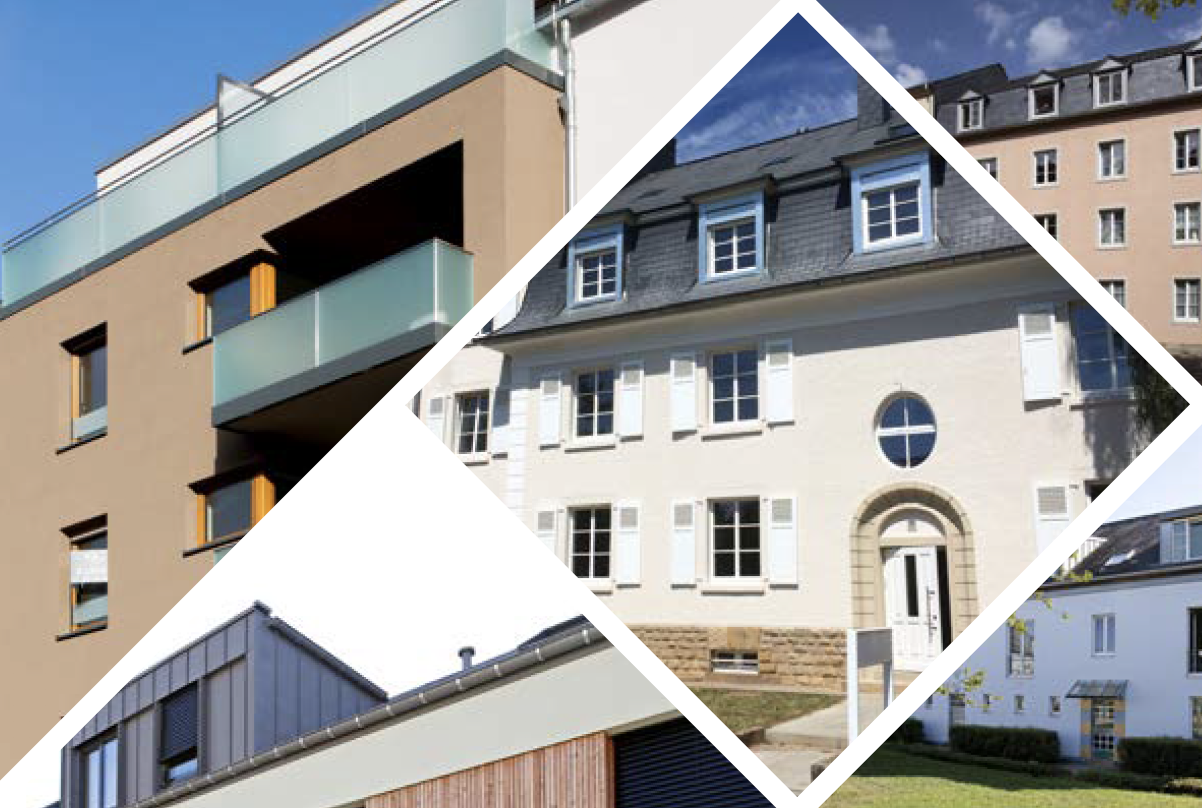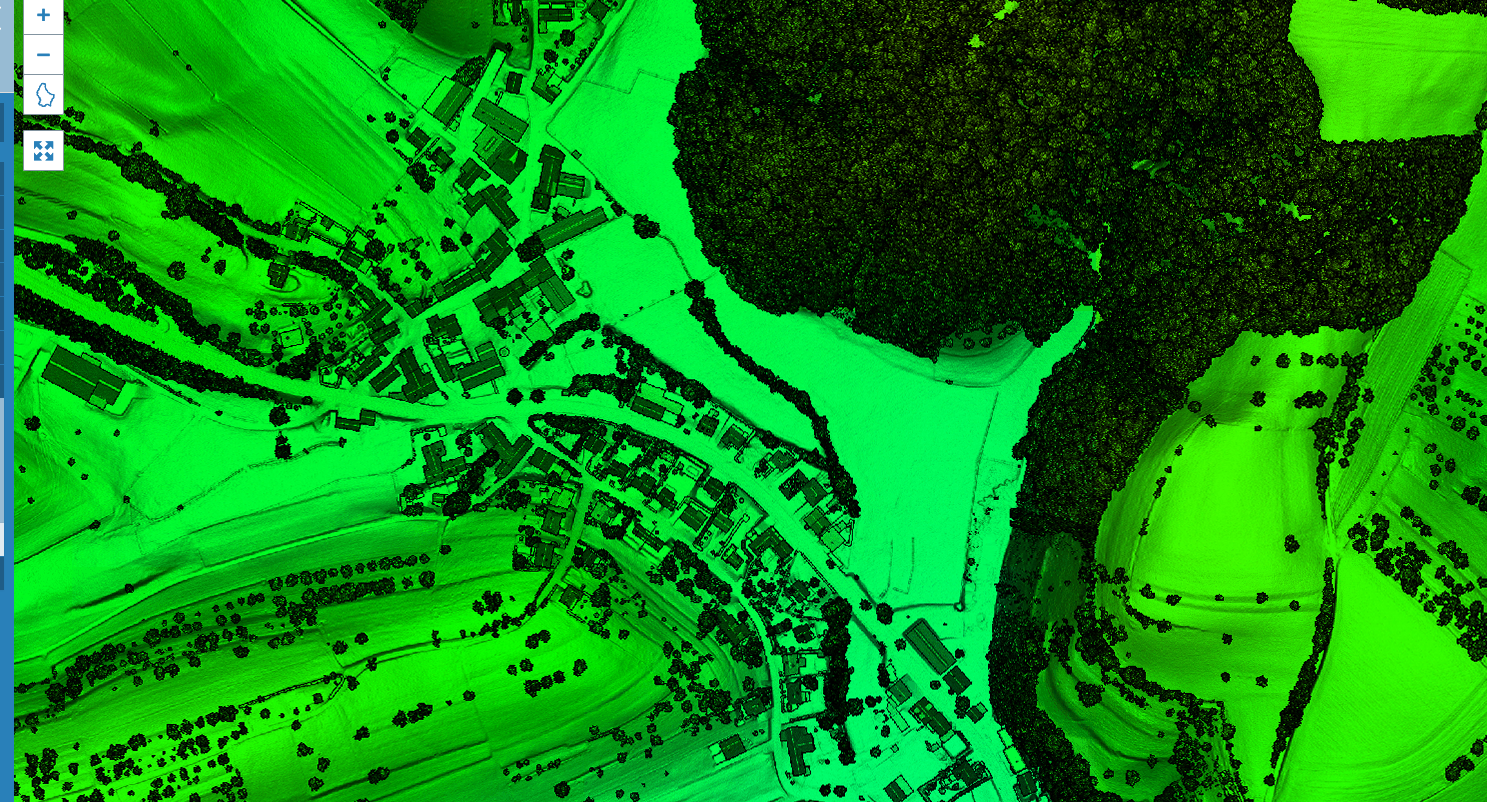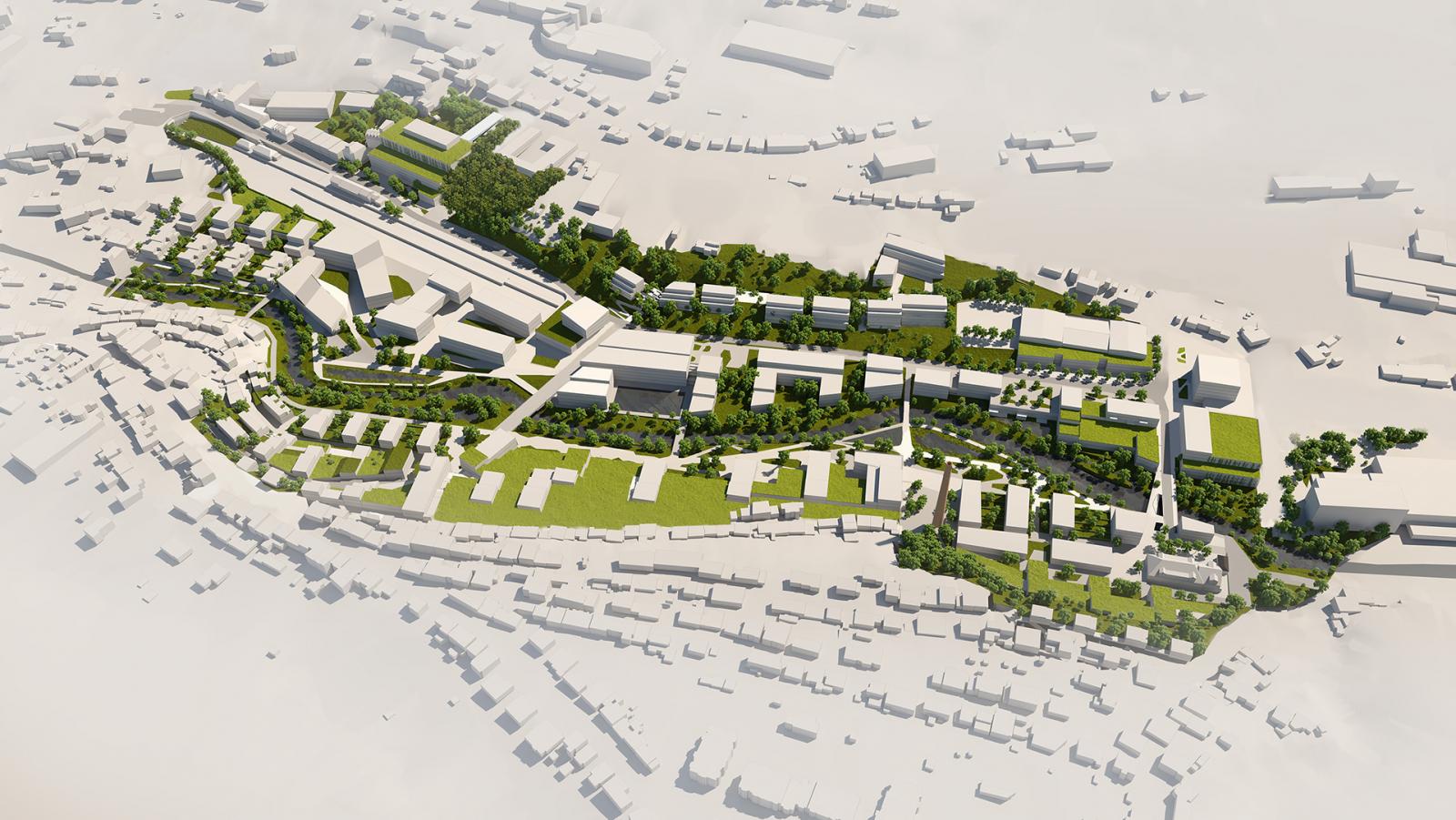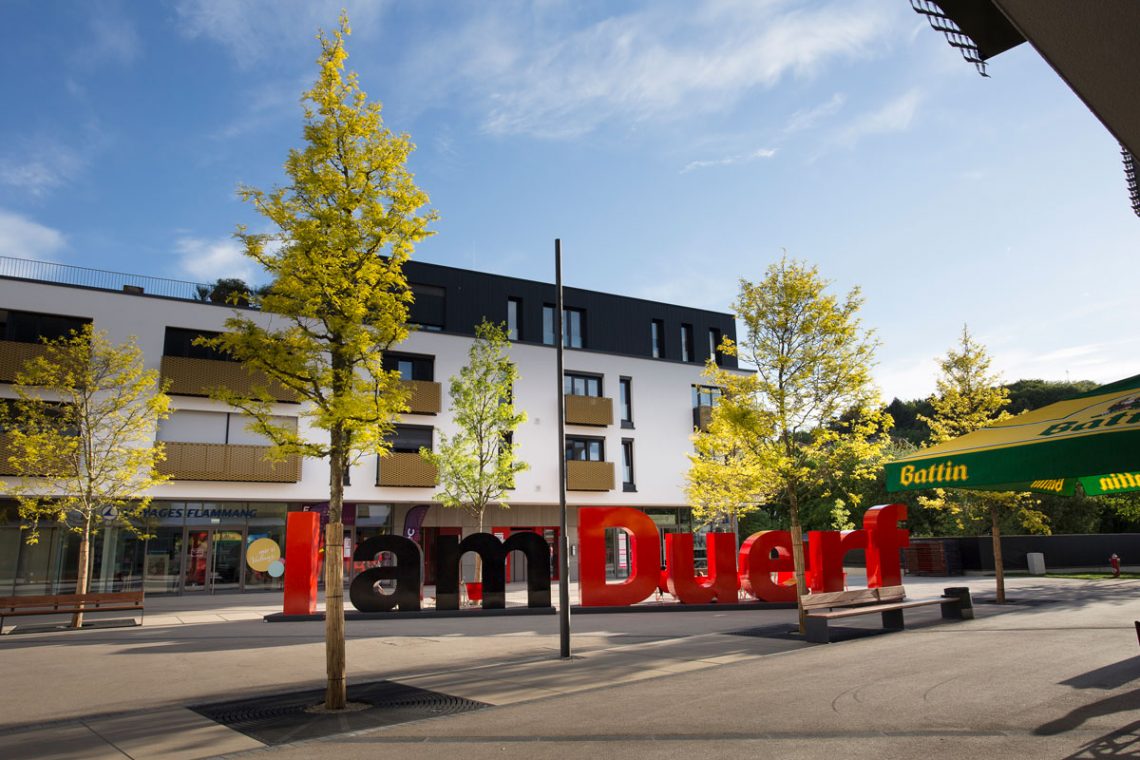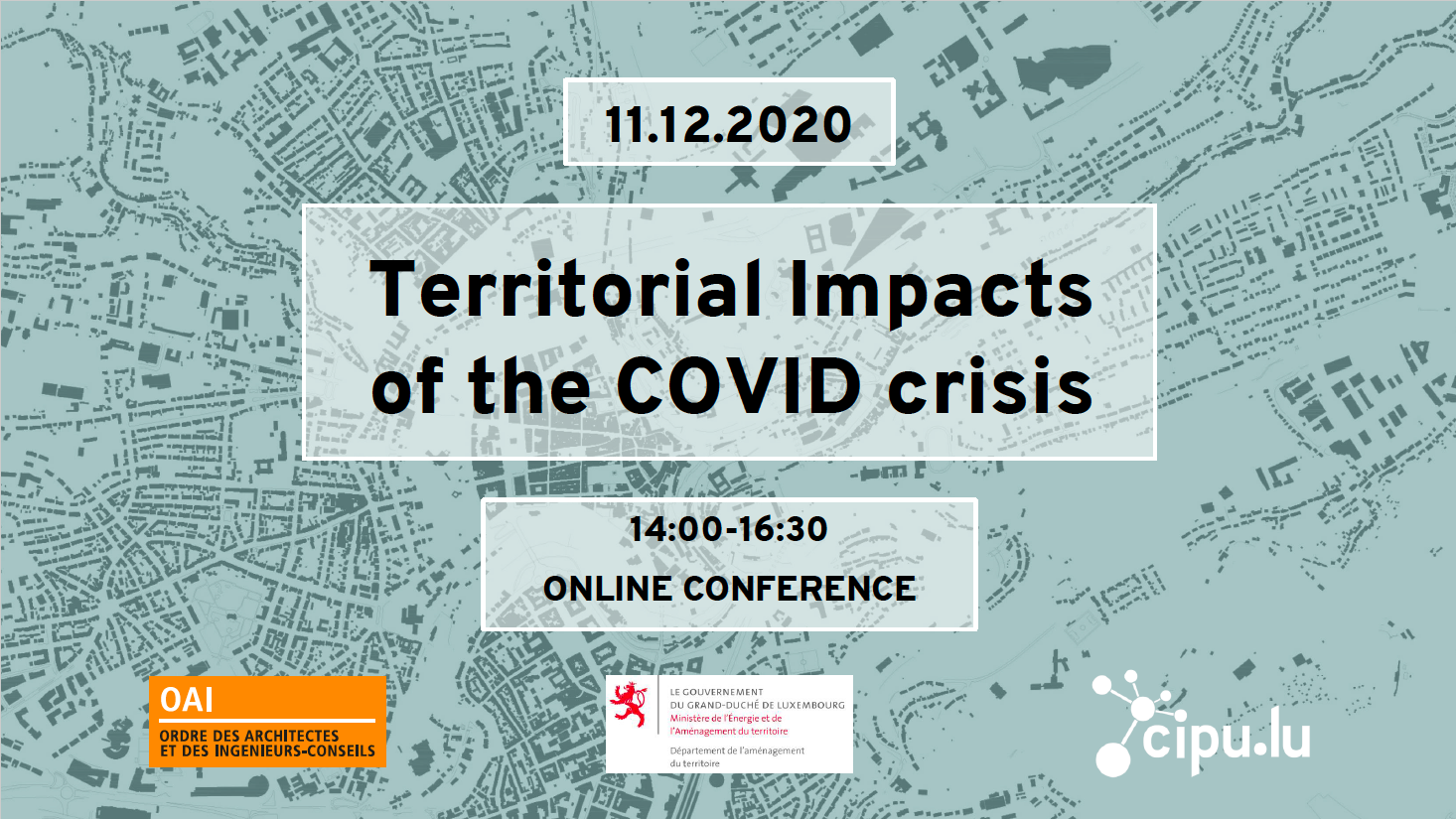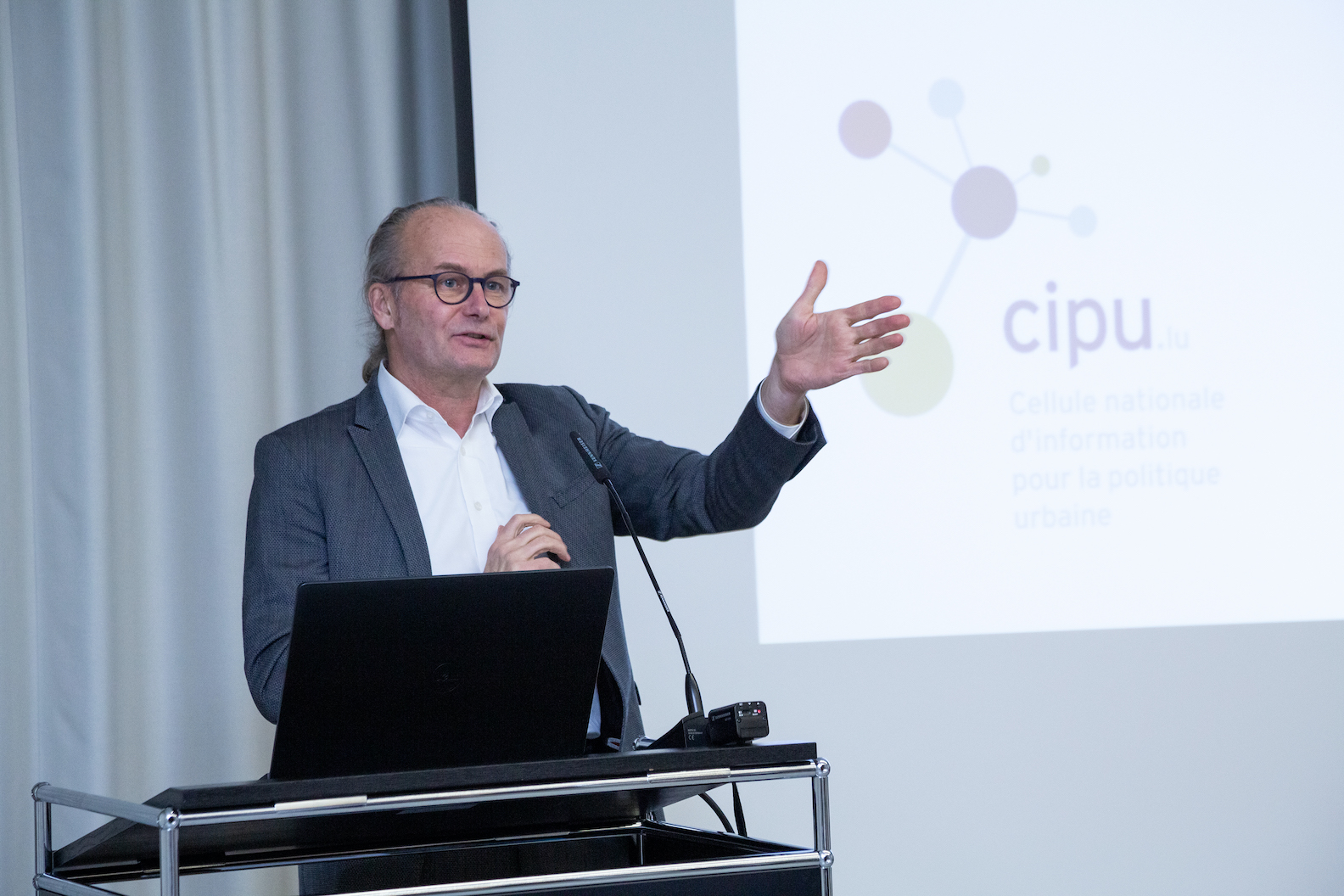04 juin 2025
Kirsti Hagemann
Envisioning the 15-Minute-City: Co-Creating Urban Futures in Luxembourg
29 avril 2025
Kirsti Hagemann
Äerdschëff – Rethinking Resources
25 mars 2025
Kirsti Hagemann
FragMent: Understanding How Cities Shape Our Stress and Well-being
27 février 2025
Kirsti Hagemann
National emergency organisation plan (PNOS): Strengthening Civil Security in Luxembourg
10 janvier 2025
Kirsti Hagemann
Strengthening Climate Resilience: Insights from the second CIPU workshop 2024
02 décembre 2024
Kirsti Hagemann
Zesumme Renovéieren: Transforming Homes in Differdange for a Sustainable Future
30 octobre 2024
Kirsti Hagemann
Tomorrow’s Mobility: A Sustainable Plan for Luxembourg City
30 septembre 2024
Kirsti Hagemann
Differdange’s Commitment to Climate Neutrality Through NetZeroCities
30 août 2024
Kirsti Hagemann
Building Climate-Resilient Cities: Highlights from the first CIPU Workshop 2024
26 juillet 2024
Kirsti Hagemann
CIPU 2023 – all about the Productive City
01 juillet 2024
Kirsti Hagemann
The Strategy of Esch-sur-Alzette towards Urban Resilience
12 juin 2024
Kirsti Hagemann
Housing Cooperatives in Luxembourg: A Future for Communal Living?
03 mai 2024
Kirsti Hagemann
The Minett UNESCO Biosphere: Paving the Way to Climate Neutrality
28 mars 2024
Kirsti Hagemann
Kuebebierg: Redefining Urban Development in Luxembourg’s business district Kirchberg
27 février 2024
Kirsti Hagemann
Master Programme for Spatial Planning in Luxembourg 2023: Shaping a Sustainable Future
29 janvier 2024
Kirsti Hagemann
Diving into Luxembourg’s Landscape: the 3D model of the Luxembourgish Geoportal
13 décembre 2023
Kirsti Hagemann
CIPU Workshop No 2: Exploring Multifunctionality in Urban Spaces
25 octobre 2023
Kirsti Hagemann
Luxembourg in Transition
21 septembre 2023
Kirsti Hagemann
The European Grouping of Territorial Cooperation Alzette Belval: Strengthening cross-border collaboration for a sustainable future
30 août 2023
Kirsti Hagemann
CIPU Workshop: Exploring Multifunctionality in Urban Spaces
07 juillet 2023
Kirsti Hagemann
Rout Lëns – the sustainable, innovative, resilient new neighbourhood in Esch-sur-Alzette
05 juin 2023
Kirsti Hagemann
CIPU 2023-2026
17 mars 2022
Kirsti Hagemann
Plateau du Funiculaire in Differdange: a large scale brownfield development on a former steel mill landfill
09 février 2022
Kirsti Hagemann
Luxembourg C-Change strategy: A national strategy for climate change adaptation
19 janvier 2022
Kirsti Hagemann
National Portal for Public Inquiries in Luxembourg
15 décembre 2021
Kirsti Hagemann
Innovation Hub Dudelange: a local business incubator for eco-technologies
24 novembre 2021
Kirsti Hagemann
CIPU Excursion: How to combat commercial vacancies in Differdange?
18 novembre 2021
Kirsti Hagemann
CIPU Excursion: How to combat commercial vacancies in Esch-sur-Alzette?
12 novembre 2021
Kirsti Hagemann
LUGA 2025: Luxembourg Urban Garden Show
04 novembre 2021
Kirsti Hagemann
Climate change adaptation in municipal planning: the example of Differdange
21 octobre 2021
Kirsti Hagemann
Deep geothermal drilling in Dudelange: Geothermal energy to power a brownfield development
09 septembre 2021
Kirsti Hagemann
Klimapakt: an Instrument promoting municipal climate action
19 août 2021
Kirsti Hagemann
A commercial observation register for Luxembourg: Mapping the commercial landscape in cities and municipalities
12 août 2021
Kirsti Hagemann
‘Belval’ – Transforming a former steel mill into a new urban district
09 juillet 2021
Kirsti Hagemann
NeiSchmelz in Dudelange: a large-scale industrial brownfield development
30 juin 2021
Kirsti Hagemann
The first eco-village in the Greater Region: BENU village in Esch-sur-Alzette, South of Luxembourg
24 juin 2021
Kirsti Hagemann
National ‘Baulückenprogramm’: Vacant lot mobilisation programme and first pilot in Dudelange
16 juin 2021
Kirsti Hagemann
National Urban Farming Strategy: a strategy to boost urban farming activities in Luxembourg
14 juin 2021
Kirsti Hagemann
Conventions for territorial cooperation: an instrument enhancing inter-municipal and multilevel cooperation
03 juin 2021
Kirsti Hagemann
Luxembourg City « Baulückenprogramm »: a city taking action against vacant lots
26 mai 2021
Kirsti Hagemann
Fonds du Logement: a public agency as residential development company
20 mai 2021
Kirsti Hagemann
Géoportail: An online platform for geographic information
05 mai 2021
Kirsti Hagemann
LENOZ – A sustainability certification system for residential buildings
30 avril 2021
Kirsti Hagemann
The « Planungshandbuch »: A planning manual from Luxembourg on how to develop high-quality urban districts
21 avril 2021
Kirsti Hagemann
Project presentation: ‘PAP Molter’ or municipalities issuing specific implementation plans
16 avril 2021
Kirsti Hagemann
Project presentation: Developing the new urban district « Nonnewisen » in Esch-sur-Alzette
07 avril 2021
Kirsti Hagemann
The role and potential of climate change adaptation and climate action in urban planning and municipal development in Luxembourg: An interview with Luxembourg City Mayor Lydie Polfer.
01 avril 2021
Kirsti Hagemann
Project presentation: Master plan ‘Wunne mat der Wooltz’ in Wiltz
24 mars 2021
Kirsti Hagemann
Project presentation: ‘am Duerf’ a housing development project and a shared space in Dudelange
18 décembre 2020
Kirsti Hagemann
Conference on territorial impacts of the COVID-19 pandemic in Luxembourg
27 novembre 2020
Kirsti Hagemann
A visit to ‘Elmen’, a new affordable housing district
Kirsti Hagemann
What role should spatial planning and urban development play in adapting to climate change? An Interview with Minister Claude Turmes

